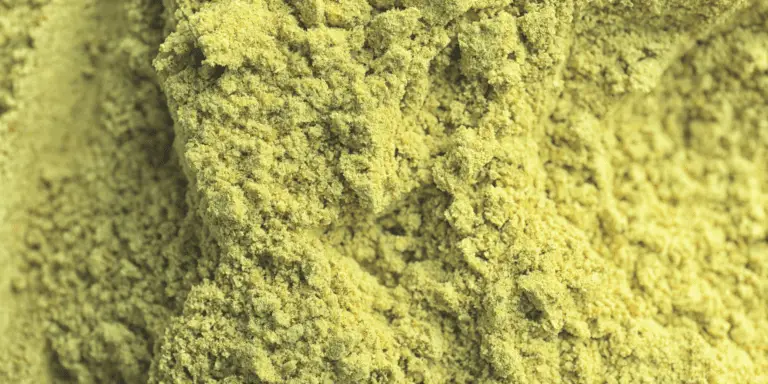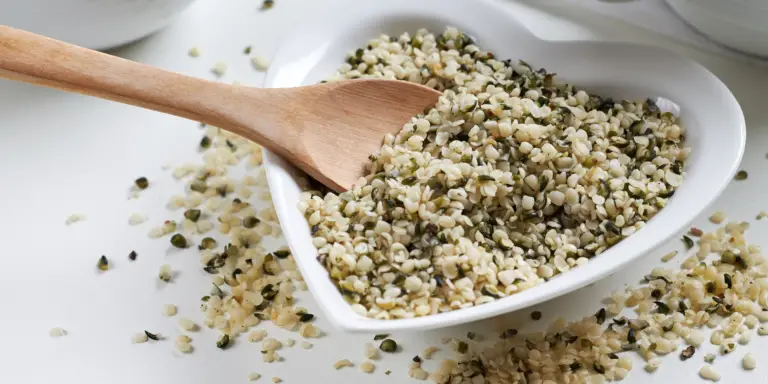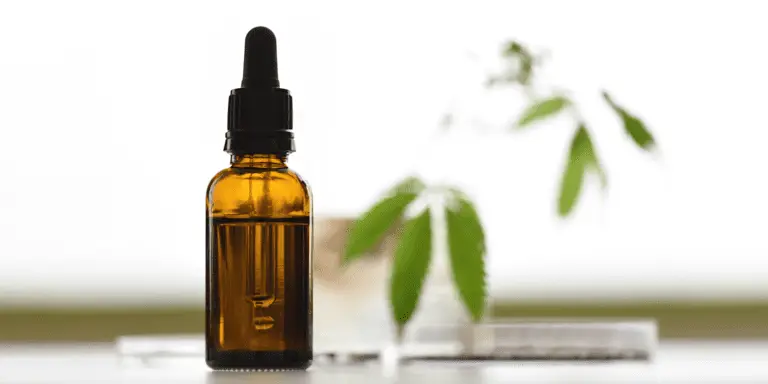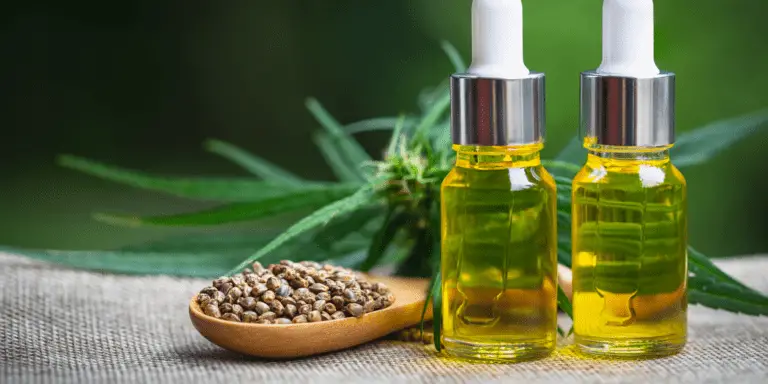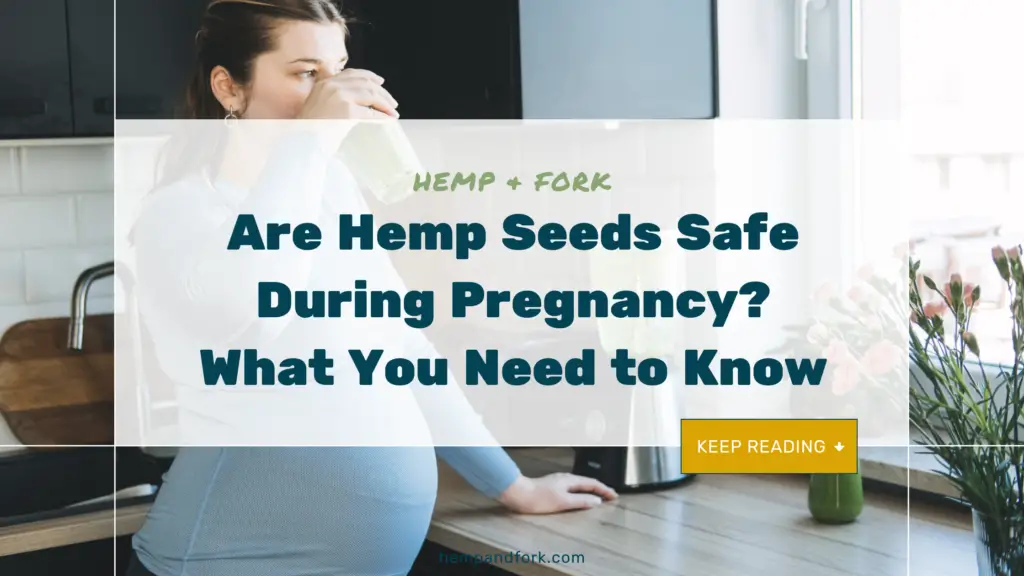
Are you pregnant and wondering if it is safe to consume hemp seeds? Hemp seeds are becoming increasingly popular due to their nutritional benefits, but many pregnant women are unsure if they can include them in their diet. In this article, we will explore the safety concerns and benefits of consuming hemp seeds during pregnancy.
Hemp seeds come from the hemp plant, which belongs to the same species as marijuana. However, unlike marijuana, hemp seeds do not contain high levels of THC, the psychoactive compound that causes a “high.” Instead, they are packed with essential nutrients such as protein, fiber, and omega-3 and omega-6 fatty acids. But are they safe for pregnant women to consume? Let’s find out.
- It is safe to eat hemp seeds during pregnancy as they do not contain high levels of THC or CBD.
- Hemp seeds are packed with essential nutrients such as protein, fiber, and omega-3 and omega-6 fatty acids, making them a nutritious addition to a pregnancy diet.
- Pregnant women should consult with their healthcare provider before incorporating hemp seeds into their diet.
Understanding Hemp Seeds: Are They Safe To Eat?
If you’re pregnant and considering adding hemp seeds to your diet, it’s important to understand what they are and how they can benefit you.
Hemp seeds come from the hemp plant, which is a close cousin to the marijuana plant. However, unlike marijuana, hemp seeds do not contain the psychoactive compound THC. Instead, they are packed with essential nutrients such as omega-3 and omega-6 fatty acids, protein, fiber, and minerals like iron and magnesium.
Hemp seeds are available in various forms, including whole seeds, shelled seeds, and hemp seed oil. Whole seeds can be added to smoothies, salads, and baked goods, while shelled seeds (also known as hemp hearts) can be sprinkled on top of yogurt or oatmeal.
One of the main benefits of hemp seeds is their high nutrient content. They are a good source of plant-based protein, which is important for building and repairing tissues in the body. They also contain essential fatty acids, which are important for brain development and overall health.
In addition, hemp seeds are a good source of fiber, which can help regulate digestion and prevent constipation, a common issue during pregnancy.
Overall, hemp seeds can be a safe and nutritious addition to your pregnancy diet. However, it’s important to talk to your healthcare provider before making any significant dietary changes.
Nutritional Value of Hemp Seeds
Hemp seeds are packed with essential nutrients that are beneficial for overall health. Here is a breakdown of the nutritional value of hemp seeds per 30-gram serving (three tablespoons):
- Calories: 166
- Protein: 9.47 grams
- Fat: 14.6 grams
- Carbohydrates: 2.6 grams
- Fiber: 1.2 grams
- Sugar: 0.45 grams
Hemp seeds are also rich in vitamins and minerals, including:
- Magnesium
- Phosphorus
- Calcium
- Zinc
- Potassium
- Folic acid
Hemp seeds are unique in that they contain all nine essential amino acids, making them a complete protein source. They also provide a good balance of omega-3 to omega-6 fatty acids, which is important for maintaining heart health.
In addition to being a great source of nutrition, hemp seeds are also versatile and easy to incorporate into your diet. You can add them to smoothies, salads, or oatmeal or use them as a topping for yogurt or granola.
If you’re looking for a convenient way to add more protein to your diet, hemp protein powder is also available. This powder is made from ground hemp seeds and can be added to shakes or used in baking.
Overall, hemp seeds are a nutritious and delicious addition to any diet. However, if you are pregnant or have any concerns about consuming hemp seeds, it’s best to consult with your healthcare provider.
Hemp Seeds vs Hemp Hearts
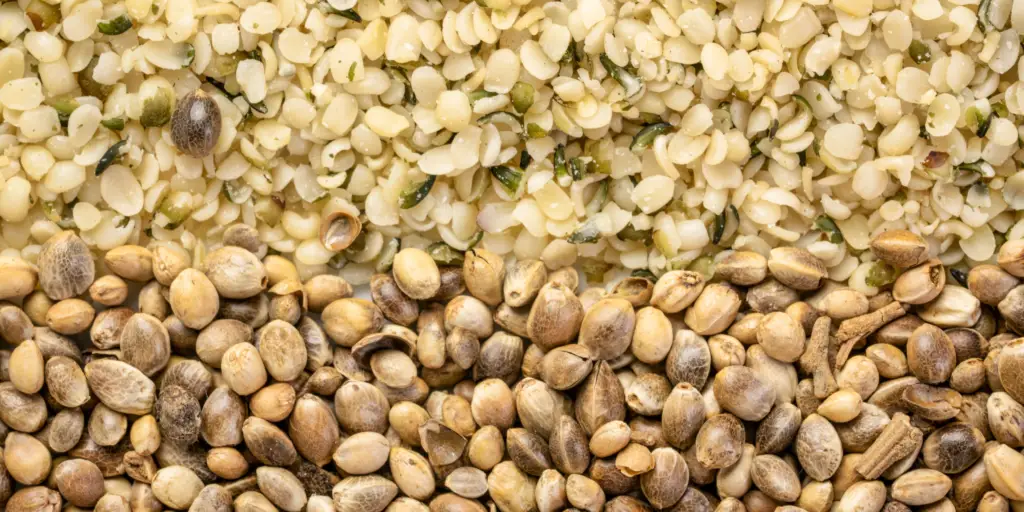
If you’re new to the world of hemp, you may be wondering what the difference is between hemp seeds and hemp hearts. While they come from the same plant, they are different parts of the plant and have slightly different nutritional profiles.
Hemp seeds are whole hemp plant seeds with a hard outer shell. They are a good source of protein, fiber, and healthy fats, including omega-3 and omega-6 fatty acids. They are often used in cooking and baking and can be added to smoothies or sprinkled on top of salads for an extra crunch.
On the other hand, hemp hearts are the soft, white inner part of the hemp seed. They are also a good source of protein, fiber, and healthy fats, but they are easier to digest than whole hemp seeds. Hemp hearts have a nutty flavor and can be added to oatmeal and yogurt or used as a topping for avocado toast.
When it comes to nutrition, hemp seeds, and hemp hearts are both excellent sources of plant-based protein and healthy fats. They are also rich in vitamins and minerals, including iron, magnesium, and zinc.
Here’s a quick comparison between hemp seeds and hemp hearts:
| Nutrient | Hemp Seeds | Hemp Hearts |
|---|---|---|
| Protein | 10g | 10g |
| Fiber | 3g | 3g |
| Healthy Fats | 12g | 12g |
| Iron | 15% DV | 15% DV |
| Magnesium | 45% DV | 45% DV |
| Zinc | 25% DV | 25% DV |
As you can see, there isn’t a significant difference in nutritional value between hemp seeds and hemp hearts. It really comes down to personal preference and how you plan to use them in your diet.
If you’re pregnant or breastfeeding, it’s important to talk to your healthcare provider before adding hemp seeds or hemp hearts to your diet. While they are generally considered safe, there isn’t enough research to determine their safety during pregnancy and breastfeeding.
🆚 Interested in exploring the nuances between hemp seeds and hemp hearts? Dive into our detailed comparison article for more insights.
Eating Hemp Seeds During Pregnancy
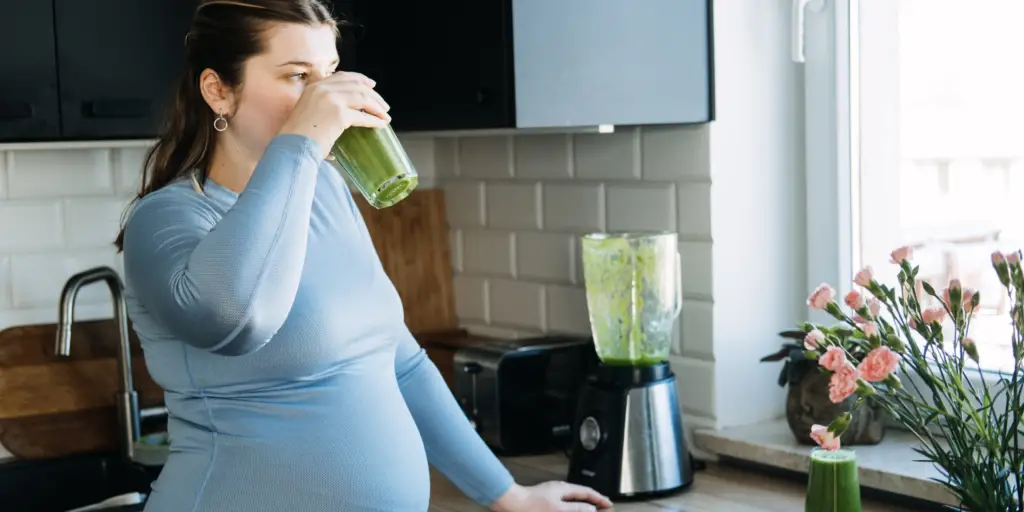
When you’re pregnant, you want to make sure you’re eating a healthy and balanced diet to support your growing baby. Hemp seeds are a great addition to your pregnancy diet and can provide numerous benefits for you and your baby.
First and foremost, it’s important to note that hemp seeds are safe to eat during pregnancy. The US Food and Drug Administration recognizes hulled hemp seeds, hemp seed protein powder, and hemp seed oil as safe for human consumption. These ingredients are derived from different varieties or cultivars than marijuana, which is not safe to consume during pregnancy.
Hemp seeds are a great source of protein, omega-3 fatty acids, and micronutrients like iron, magnesium, and zinc. These nutrients are essential for fetal development and can also help support your own health during pregnancy.
Incorporating hemp seeds into your pregnancy diet is easy. You can sprinkle them on top of yogurt or oatmeal, add them to smoothies, or even use them as a crunchy topping for salads. Just be sure to choose a high-quality brand that is free from contaminants and pesticides.
Overall, adding hemp seeds to your pregnancy diet can provide numerous health benefits for you and your baby. As always, be sure to talk to your doctor or a registered dietitian to ensure that you’re meeting all of your nutritional needs during this important time.
Benefits of Hemp Seeds For Pregnant Women
Hemp seeds are a safe and nutritious addition to your pregnancy diet. They are rich in protein, essential fatty acids, and micronutrients that are important for the growth and development of your baby. Here are some benefits of consuming hemp seeds during pregnancy:

1. Rich in Protein
Protein is an essential nutrient that is required for the growth and development of your baby. Hemp seeds are a great source of plant-based protein and can be easily incorporated into your diet. Just three tablespoons of hemp seeds contain approximately 10 grams of protein.
2. Contains Essential Fatty Acids
Hemp seeds are a rich source of essential fatty acids, including omega-3 and omega-6. These fatty acids are important for the development of your baby’s brain and nervous system. Consuming hemp seeds during pregnancy can help ensure that you and your baby are getting the necessary nutrients for optimal growth and development.
3. Helps Maintain a Healthy Pregnancy
Hemp seeds contain a variety of vitamins and minerals that are important for maintaining a healthy pregnancy. They are a good source of iron, which is important for preventing anemia during pregnancy. They also contain magnesium, which can help reduce the risk of pre-eclampsia and premature labor.
4. Supports Growth and Development
Hemp seeds are a good source of zinc, which is important for the growth and development of your baby. Zinc is essential for the formation of new cells and tissues, and it plays a role in the development of the immune system.
🧐 Looking to learn more about the benefits of hemp? Don’t miss our article on the 13 amazing benefits of hemp hearts.
In conclusion, consuming hemp seeds during pregnancy can provide a variety of benefits for both you and your baby. They are a safe and nutritious addition to your pregnancy diet and can help ensure that you are getting the necessary nutrients for a healthy pregnancy.
Safety Concerns: THC and CBD
When it comes to consuming hemp seeds during pregnancy, one of the main concerns is the presence of THC and CBD. THC is the psychoactive component of cannabis, which is responsible for the “high” associated with marijuana use. CBD, on the other hand, is a non-psychoactive compound that is believed to have therapeutic benefits.
While hemp seeds themselves do not contain THC or CBD, other cannabis-derived products may contain these compounds. The FDA strongly advises against the use of CBD, THC, and marijuana in any form during pregnancy or while breastfeeding. This is because these compounds can potentially harm the developing fetus or newborn.
Studies have shown that THC can cross the placenta and enter fetal tissue, potentially causing developmental issues. Additionally, THC and CBD can both be passed through breast milk, which can also have negative effects on the baby.
It’s also important to note that not all cannabis products are created equal. The concentration of THC and CBD can vary widely depending on the product and the method of extraction. Some products may contain high levels of THC or CBD, while others may have negligible amounts.
If you are considering using a cannabis-derived product during pregnancy or while breastfeeding, it’s important to speak with your healthcare provider first. They can help you weigh the potential risks and benefits and make an informed decision about what is best for you and your baby.
How to Incorporate Hemp Seeds in Pregnancy Diet
If you’re wondering how to eat hemp seeds during pregnancy, incorporating them into your diet is easy and can provide many benefits. Here are some simple ways to add hemp seeds to your meals:
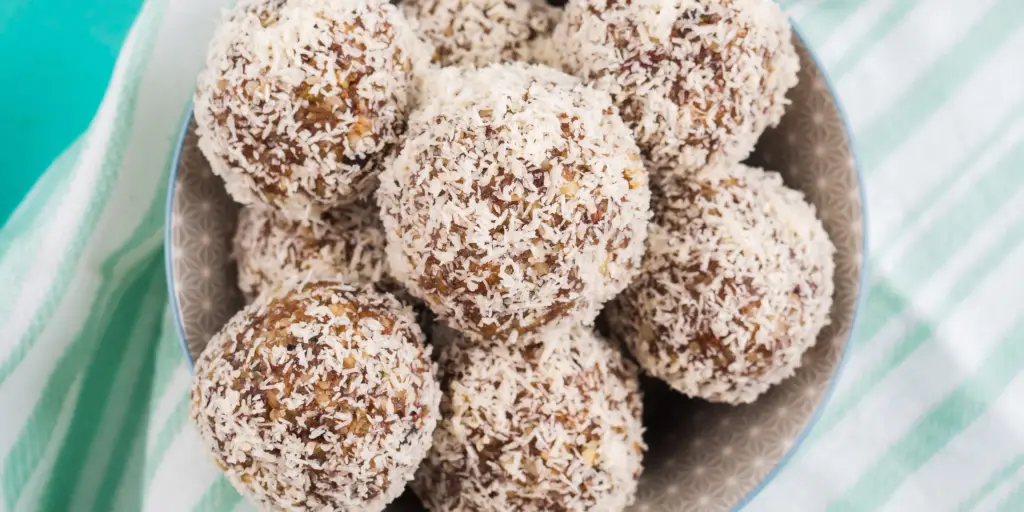
1. Sprinkle them on top of your favorite foods
Hemp seeds have a nutty flavor that complements many dishes. You can sprinkle them on top of salads, yogurt, oatmeal, or smoothie bowls for added texture and nutrients.
2. Use hemp seed oil as a salad dressing
Hemp seed oil is a healthy alternative to traditional salad dressings. It is rich in omega-3 and omega-6 fatty acids, which are essential for a healthy pregnancy. You can mix it with vinegar or lemon juice to make a simple vinaigrette.
3. Add them to baked goods
Hemp seeds can be added to muffins, bread, and other baked goods for an added boost of nutrition. You can replace some of the flour with hemp seeds or sprinkle them on top of the dough before baking.
4. Make a hemp seed milk
Hemp milk is made from seeds of the hemp plant and is a great dairy-free alternative to cow’s milk. It is easy to make at home by blending hemp seeds with water and straining the mixture. You can use it in smoothies, cereal, or as a coffee creamer.
5. Use Hemp Protein Powder for Extra Nutrition
Hemp protein powder is another convenient way to get essential nutrients during pregnancy. Made from ground hemp seeds, this powder is a complete source of plant-based protein and is rich in omega fatty acids and fiber.
🌱 Looking for more ways to incorporate hemp seeds into your diet? Unlock culinary creativity with our article: How to Cook with Hemp Hearts in Everything from Salads to Smoothies.
Quick Ways to Use:
- Add to smoothies for a protein boost.
- Use as a partial flour substitute in baking.
- Stir into oatmeal or yogurt.
Just like hemp seeds, choose organic, high-quality hemp protein powder and consult your healthcare provider before incorporating it into your diet. This versatile option can help meet your protein needs while offering additional benefits like fiber and essential fatty acids.
FAQ
Conclusion
Hemp seeds offer a plethora of nutritional benefits that can be advantageous for pregnant women. They are rich in essential nutrients like protein, omega-3 and omega-6 fatty acids, and various vitamins and minerals. Importantly, hemp seeds do not contain significant levels of THC or CBD, the psychoactive compounds found in cannabis, making them generally safe for consumption during pregnancy. However, it’s crucial to consult with a healthcare provider before incorporating hemp seeds into your diet, especially if you have any pre-existing medical conditions or concerns. Always opt for high-quality, certified organic hemp seeds to ensure their safety and purity. While hemp seeds can be a nutritious addition to a pregnancy diet, moderation is key, as they are high in fat and calories.
